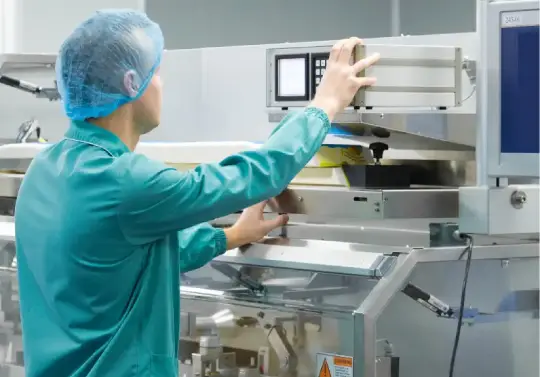
Food Services Management
Food Distribution Management
With a sizable expatriate community from all over the world, the bustling metropolis of Dubai has evolved into a cultural melting pot, making it diverse and cosmopolitan. With such a diversified population, there is a significant demand for a wide variety of culinary items from other cultures, which has made the area’s food industry particularly alluring. With a well-established food distribution network that meets the varied demands of its population, which includes natives, expats, and visitors, food retail distribution in Dubai functions similarly to that in other areas of the world. Retailers in Dubai uphold high standards for the quality and safety of food goods. As a result, temperature-controlled facilities and trucks are widely used for the storage and delivery of food products.
Prowise Consulting Dubai delivers outstanding service and a better client experience across our value chain thanks to our custom-designed warehousing solutions, which feature some of the industry’s most advanced facilities. We adjust our operational efficiency to the most recent technological advancements in warehouse and supply chain management in order to provide our discerning consumers with the freshest, highest-quality food products.







